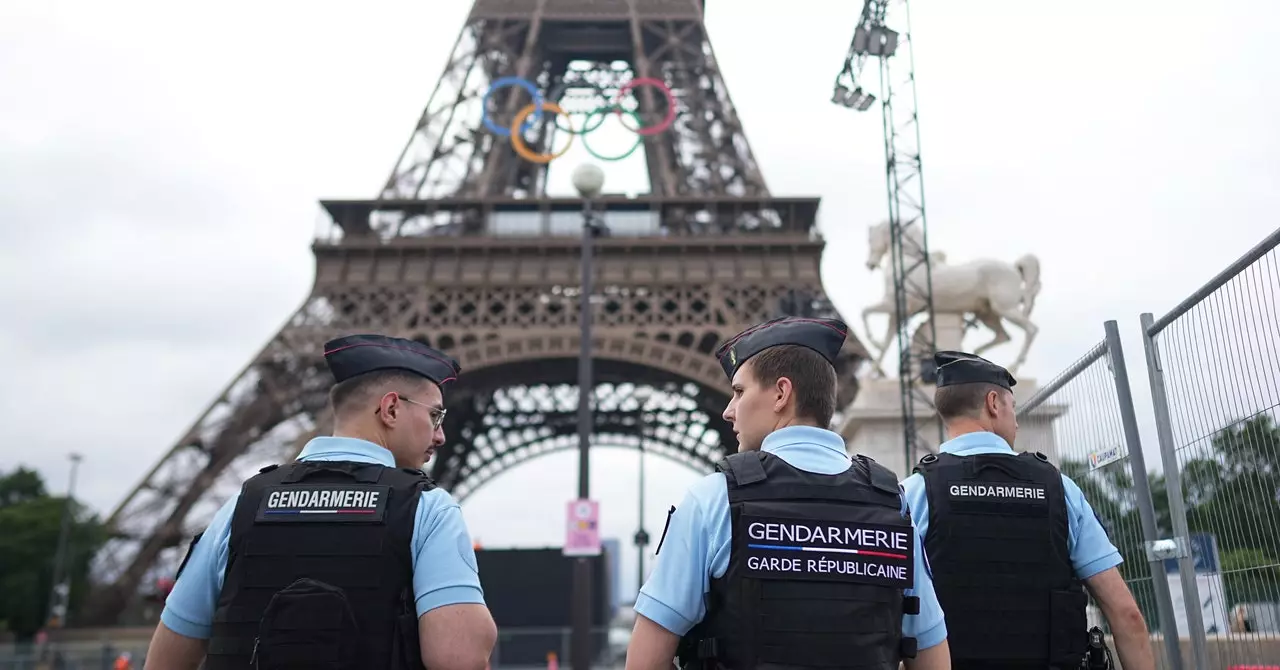The use of AI surveillance systems in public spaces has become a controversial topic in recent years. French company, Wintics, won contracts to deploy their algorithms at the Olympics, transforming CCTV cameras into powerful monitoring tools. This technology raises concerns about privacy and personal freedoms, leading to a debate on the implications of such systems.
Wintics initially used their algorithms to count cyclists in Paris, providing data for transport officials to improve bike lane infrastructure. This same technology was later adapted for security purposes at the Olympics. By analyzing shapes in public spaces, the algorithms can identify and count individuals in crowds, alerting operators when certain thresholds are exceeded. Despite claims of privacy-friendliness, critics argue that this technology still poses risks to personal freedoms.
Privacy activists like Noémie Levain are vocal opponents of AI surveillance systems, raising awareness about the dangers of algorithmic surveillance. Levain argues that the algorithms do process personal data, contradicting claims made by companies like Wintics. She fears that these surveillance systems will outlast the Olympics, enabling authorities to impose wider surveillance on the city. The potential for discrimination and abuse of power is a major concern for privacy advocates.
As the debate continues, Parisians like Levain are considering leaving the city to avoid the heightened surveillance during the Olympics. The presence of security barriers and increased police presence further heightens tensions in public spaces. The use of AI surveillance technologies raises questions about the balance between security and personal freedoms, with critics arguing that the technology infringes on civil liberties.
The deployment of AI surveillance systems in public spaces has far-reaching implications for privacy and personal freedoms. While proponents argue that these technologies enhance security, critics warn of the potential for abuse and discrimination. As the debate over the use of AI surveillance continues, it is essential to consider the ethical and legal ramifications of implementing such systems in public spaces. Personal data protection and transparency must be prioritized to ensure that these technologies do not infringe on individual rights.


Leave a Reply